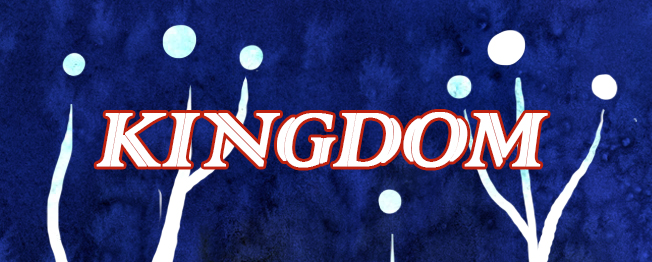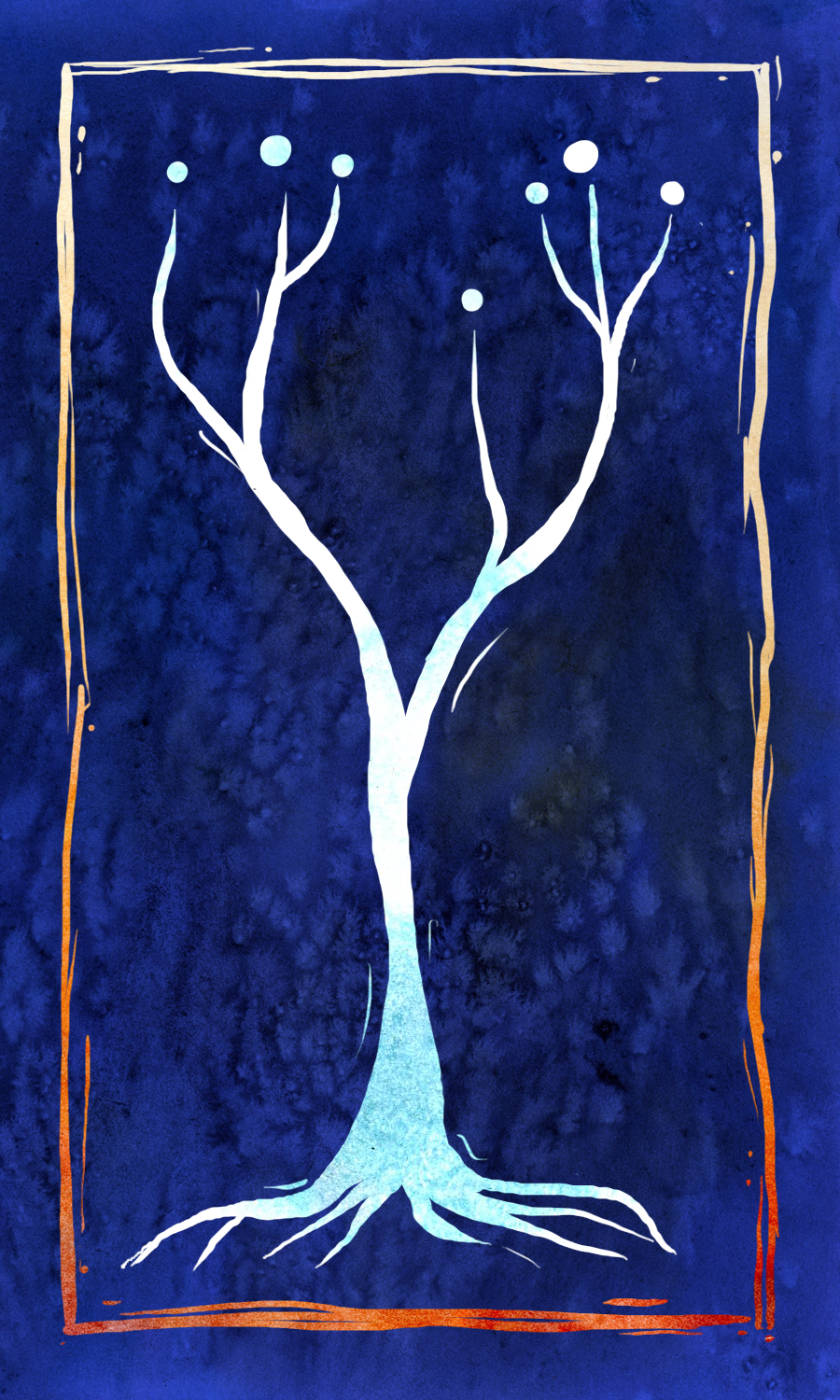
A Card Divination System Developed by Pearl A. Hodges Kingdom is free to be reproduced for non-commercial use. Professionally printed hard copies of the deck will be made avalible for puchase, pending sufficent interest. Downloadable Booklet PDF - Downloadable Cards PDF - Card Back PDF All divination systems seek to find knowledge and order out of chaos and randomness. The fundamentally random nature of a card draw is able to be used to shape understanding if placed in a context of meaning by the person who draws it. Tarot is the most popular and well known card divination system but there are others, and Kingdom seeks to define itself among them with its biological basis and easily approachable form and meaning. There is no more chaos than attempting to categorize all life on earth, and that randomness is used to give meaning to the card draw. By focusing on the breadth of life on this planet and its myriad of forms, we can see how small humans are as a single species of animal are among many wild and variable creatures which outnumber us in population and also in diversity. This universal view looks to take the emotions, history, and thoughts of a singular individual and allow them to divine their own meaning from colorful illustrations of various animals, plants, and fungi. Kingdom is a card divination system based on the Phyla of all multi-cellular life on earth (Animals, Plants, and Fungi), presented with a single indicative species on each card. Bacteria, Archaea, Chromista, and Protista are brought together into a single 'joker' type card, indicative of their complex, diverse, and alien nature. As the debate remains as to whether or not viri are or are not 'alive' in any meaningful sense, they are excluded here. Each card features an indicative species for the phylum, but one should consider how varied each phylum is. All vertebrates, for example, are here represented by the Blue Whale, the largest animal to have ever lived, and yet the phylum includes all mammals, birds, fish, reptiles, and amphibians. The representative species has been chosen either for its ubiquitous nature among the phylum, its exemplary and indicative characteristics, or its aesthetic and memorable visual appeal unique to the phylum. Exact species names are given in this accompanying material. Please note that sizes given are approximate, and the illustrations, while aiming for accuracy, are not meant as fully detailed scientific diagrams. One can divine from a standard deck of playing cards alone, but more color and imagery makes for more layers of meaning. A suggested list of interpretation is included here, although those using this set are welcome to interpret their own meaning. Kingdom is meant to be an accessible form of divination, and while the creator endeavors to make professionally printed sets of cards available, a reading can be done with a home printed or derived version of the material provided. The creator of Kingdom has allowed for non-commercial self-printing in an effort to share and spread this divination system. As a small aside, this deck also serves as a simple memorization/flash card tool for the phyla of multi-cellular life. It can be appreciated as a simple means to understand the incredible diversity of life on earth and a jumping off point for further study. Although this should be taken with a grain of salt – taxonomy is an ever changing thing as new discoveries change how we view the many branches on the tree of life, and while this set is as current as possible as of the year 2020, the way in which life is categorized is always subject to change as our knowledge increases. Kingdom is based on the seven kingdom model proposed by Ruggiero et al. in 2015. Kingdom features 57 cards, falling into three Kingdoms of life – 34 Animal, 14 Plant, 8 Fungi cards, and 1 Other card (grouping together the four other Kingdoms as something of a Joker card). Animal Cards: The animal kingdom is most familiar to those within it. No matter how alien a form and lifestyle the members of this kingdom take, they are still recognizably animals – all are multi-cellular, consume organic material, reproduce sexually, move under their own power, and breathe oxygen. While there are some exceptions, they stay within familiar realms of these various qualities. Therefore the meanings of cards within this kingdom are the most familiar, encompassing concepts from the mundane to the personal, but all within a scope that is worldly and familiar. A reading full of cards from this Kingdom will show many familial, societal, and personal concepts, and one should consider those things that are closest to them.
Plant Cards: The plant kingdom has many familiar and unfamiliar species within it. It's diversity is incredible, but the core function of its members is clear within the cycles of animal life. Overall the plant cards focus on life and the myriad of things needed to build and maintain its cycles. When one finds many plant cards in a reading one should consider the core functions and processes of life on earth, and how they are created, maintained, and eventually destroyed.
Fungi Cards: The fungi are perhaps the most alien kingdom to those of us in kingdom Animalia. With their many strange and incredible lifestyles, differing life cycles, and vastly different appearances, this kingdom features an incredible variety of species. Overall the Fungi cards are themed with very large but nebulous concepts, one should look to complex and interconnected overall changes, needs, and states when Fungi cards are in the reading. These are concepts beyond those that are immediate to life and are more universal in nature.
|
© Pearl A. Hodges

